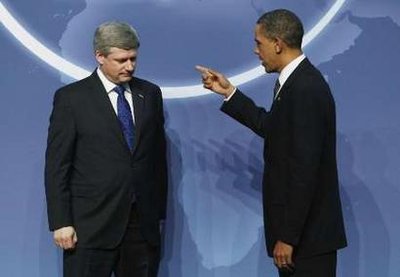Britain’s welfare support system was originally designed to provide temporary assistance — at barely-above-survival-levels — to workers and their families until the primary wage-earner could find new work. It wasn’t intended to provide this kind of support:
The Davey family’s £815-a-week state handouts pay for a four-bedroom home, top-of-the-range mod cons and two vehicles including a Mercedes people carrier.
Father-of-seven Peter gave up work because he could make more living on benefits.
Yet he and his wife Claire are still not happy with their lot.
With an eighth child on the way, they are demanding a bigger house, courtesy of the taxpayer.
Hard to blame ’em, really: if you can get substantially more through welfare support than you can by working, what’s the incentive to keep that job? Once upon a time, it was shame that would provide that extra spur to keep people in marginal economic circumstances from claiming welfare or other social benefits, as friends and neighbours would disdain them. These days? They’re probably envied by the next-door and down-the-street folks still dumb enough to get jobs.
At their semi on the Isle of Anglesey, the family have a 42in flatscreen television in the living room with Sky TV at £50 a month, a Wii games console, three Nintendo DS machines and a computer — not to mention four mobile phones.
With their income of more than £42,000 a year, they run an 11-seater minibus and the seven-seat automatic Mercedes.
But proof that material wealth does not translate directly into happiness, the Daveys still yearn for things they can’t yet have. But at least they’re not feeling burdened by feelings of guilt or shame:
She added: ‘I don’t feel bad about being subsidised by people who are working. I’m just working with the system that’s there.
‘If the government wants to give me money, I’m happy to take it. We get what we’re entitled to. I don’t put in anything because I don’t pay taxes, but if I could work I would.’
[. . .]
Mrs Davey, who spends £160 a week at Tesco, says she does not intend to stop at eight children. Her target is 14.
And she adds: ‘I’ve always wanted a big family — no one can tell me how many kids I can have whether I’m working or not.’
It’s true: in spite of all the other intrusions into everyday life by the British and European bureaucracies, there are still things they can’t tell you.
H/T to Jon (my former virtual landlord) for the link.





